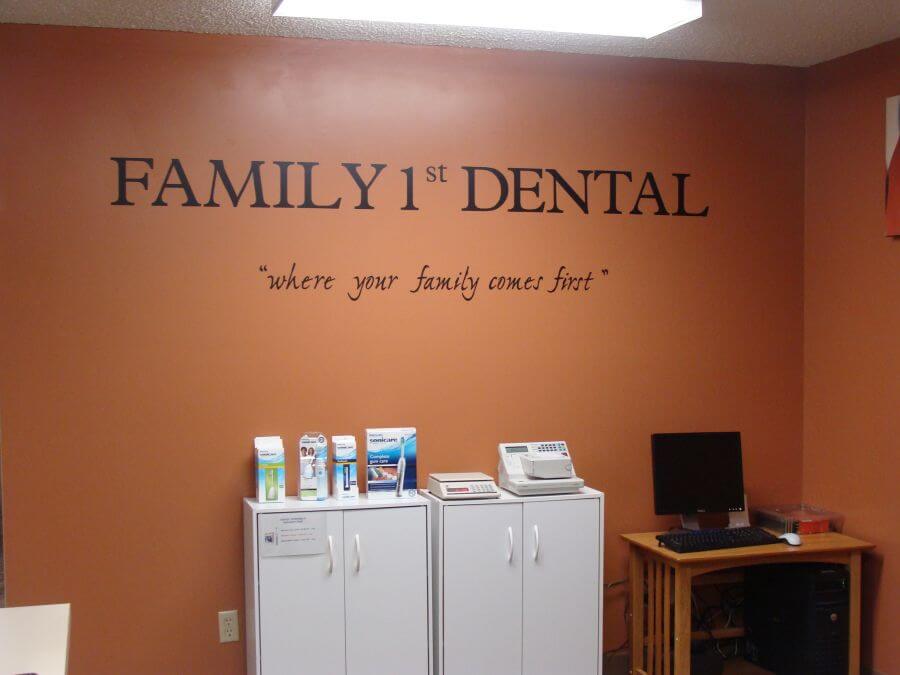
Sugar is often blamed for causing cavities, but the truth is a bit more complicated than that. Cavities, also known as dental caries, are caused by bacteria in the mouth that produce acid when they feed on carbohydrates, including sugar. This acid can eat away at the enamel on teeth, leading to decay and cavities.
While sugar is not the only culprit when it comes to cavities, it is a major contributor. Sugary foods and drinks provide a ready source of fuel for the bacteria that cause cavities. In addition, sticky sweets like candy and gum can cling to teeth and provide a constant source of sugar for bacteria to feed on.
However, it’s not just the amount of sugar you consume that matters when it comes to cavities. The frequency with which you consume sugar can also play a role. Frequent snacking or sipping on sugary drinks can create a constant supply of sugar for bacteria to feed on, increasing the risk of cavities.
It’s worth noting that not all sugars are created equal when it comes to dental health. Simple sugars like glucose and fructose are more likely to cause cavities than complex sugars like lactose, which are found in milk and other dairy products. This is because simple sugars are more easily broken down by bacteria in the mouth, providing a quick source of energy for them to produce acid.
So, does sugar cause cavities? The answer is yes, but it’s important to remember that sugar is just one factor in the development of cavities. Other factors, such as poor oral hygiene, genetics, and the presence of other bacteria in the mouth, can also play a role.
The good news is that there are steps you can take to reduce your risk of cavities, even if you enjoy sugary treats. Brushing your teeth twice a day with fluoride toothpaste and flossing daily can help remove plaque and bacteria from your teeth. Drinking water instead of sugary drinks can also help reduce your risk of cavities, as can chewing sugar-free gum after meals.
In addition, it’s important to see your LeMars IA dentist regularly for check-ups and cleanings. Your dentist can help identify cavities early on, before they become more serious and require more extensive treatment.
In conclusion, while sugar does contribute to the development of cavities, it’s not the only factor at play. By practicing good oral hygiene and making smart choices when it comes to diet and lifestyle, you can reduce your risk of cavities and enjoy a healthy, happy smile. Schedule your next visit with our LeMars dentist today. Contact Family First Dental of LeMars.





